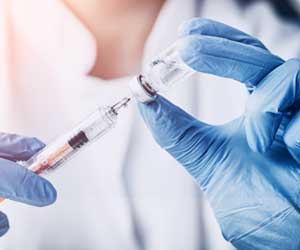HIV is transmitted via contact with body fluids like saliva, semen, mucus from the rectum from anal sex as well as breast milk.

‘In order to reduce the risk of mother-child transmission, adhering to treatment and avoiding breastfeeding could be the key.’





This issue is of concern as HIV affects pregnant women in particular. The latest CDC reports found approximately 8,500 women living with HIV give birth annually. How can the risk of passing HIV from mother to baby be reduced?
The answer is education. Women living with AIDS but want to conceive a child free from AIDS should consider the following five tips.
- Get tested: The first step is to make sure that either of the couples carries the virus.
- Check For AIDS: Pregnant women with HIV may not know they are infected. If you are currently pregnant or planning a pregnancy, you should get tested for HIV as early as possible. Being treated early in your pregnancy for HIV can help reduce the mother’s risk of transmitting HIV to her baby.
- Request Your partner to get tested: If your partner has HIV, your partner should talk to a healthcare provider about taking HIV medicines daily. This will help protect you while trying to get pregnant and will protect you and your baby during pregnancy.
- Take your HIV medications (called antiretroviral therapy or ART) in the prescribed doses, every day throughout pregnancy, labor and delivery.
- Do not breast feed: Breast milk can have HIV in it. So, after delivery, you can help prevent passing HIV to your baby by not breastfeeding. Talk with your doctor about a safe and healthy alternative.
Source-Medindia















